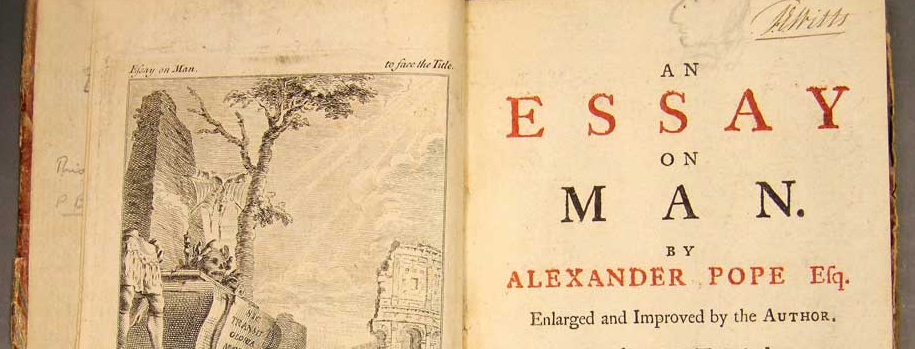“God loves from Whole to Part,” proclaims Alexander Pope, “but human soul must rise from Individual to the Whole.” In the end, any viable system of world politics must acknowledge the determinative connections between Individual and Whole. Only by finally grasping this critical nexus can scholars and policy-makers craft a durable path to species survival.
In essence, Afghanistan is a warning. The crisis in that beleaguered country has much deeper meanings than what is currently under discussion by “experts.” Though the questions being debated are enormously important in their own right – (e.g., What are corollary prospects for US leadership in the world? What are the implications for expanded Islamist insurgencies? What are the expected consequences for Palestinian statehood and Middle East peace? How will the Afghanistan crisis impact Iranian nuclear aspirations and related regional developments?) – there are also less obvious but more fundamental issues.
Afghanistan represents both the whole world in microcosm (war; religious conflict; irrational prejudice; bitter rancor) and the individual human being in macrocosm (non-rational; death-focused; anti-intellectual; superstition-bound; willfully self-destructive). It’s a curious but telling juxtaposition.
It is the second set of issues, the “macrocosm” set framed as metaphor, that ought to most concern thinkers and planners. “Why,” we should now inquire, “do entire nation-states put themselves in harm’s way again and again, sometimes in the path of plainly existential harms”? “Why do countries that may optimally access the incomparable benefits of science and education fall back again and again upon myth, ignorance and aggression?” “Why do human populations continue to favor exterminatory paths in national and international affairs over always available mechanisms of collective security and dignified peacemaking?”
Sigmund Freud has a precise answer: “Wars will only be prevented with certainty if mankind unites in setting up a central authority to which the right of giving judgment upon all shall be handed over.” Still, virtually no one is listening.
In The Law of Nations (1758), classical Swiss jurist Emmerich de Vattel observes: “The first general law, which is to be found in the very end of the society of Nations, is that each Nation should contribute as far as it can to the happiness and advancement of other Nations.” Though a “general law,” this rationality-based imperative is quite generally disregarded. Why?
Afghanistan is metaphor; it should be studied accordingly.
Now, Afghanistan provides scholars with a real-world and real-time “laboratory.” What this laboratory can reveal to us is a visceral and overriding human death fear. Among other things, this utterly primal terror splits all human civilizations into camps of “us” and “them,” a categorization that can allow the slaughter of certain designated “others” to ensure one’s own immortality. Ultimately, to recall a telling lyric by Bob Dylan, what matters most is to have “God on our side.” This meaning expressed the unhidden message of both “Deutschland uber alles” (“Germany over all”) and “America First.”
It’s time to look beyond the daily news. Unless we finally take tangible steps to move toward an organic planetary civilization – one based on the central truth of human “oneness” – there will be no secure civilization at all.
We are all still at the beginning. Until now, we humans have consistently managed to miss what is most important on planet earth. The truth here is simple and straightforward: There exists a latent but determinative “oneness” to all world politics.
But why have we made ourselves existentially vulnerable? The correct answer may be summarized as follows: We humans display a continuous determination to seek personal identity in belonging, in membership.
There is more. Human beings generally fear solitude or “aloneness” more than anything else on earth, sometimes more than death. Amid the palpably growing chaos that is already stampeding across Afghanistan, long-suffering individuals still abide unswerving loyalties to the incontestable claims of “tribe.” Always, everywhere, people more-or-less desperate “to belong” wittingly subordinate themselves to predatory expectations of nation, class and faith.
Too often, of course, such subordination carries with it a corrosive celebration of “martyrdom.” Recalling the marooned English schoolboys in William Golding’s Lord of the Flies, we may be reminded that the veneer of civilization is razor thin. As revealed so conspicuously within the dynamics of conflict in Afghanistan, huge swaths of humankind remain fiercely dedicated to ancient practices of “sacrifice.” Such atavistic dedication lies at the very heart of both war and terrorism.
To survive on this imperiled planet, all of us must seek to survive together; to rediscover an individual life that is detached from variously patterned obligations “to belong.” Only after such an indispensable rediscovery could we reasonably hope to reconstruct world politics. As Afghanistan reveals, we must seek an unprecedented fusion of global interdependence and human “oneness.”
In his The Decline of the West, first published during World War I, Oswald Spengler comments: “`I believe’” is the great word against metaphysical fear, and at the same time it is an avowal of love.’” This is because undimmed religious faith is the only “plausible” path to immortality or life-everlasting.
In the end, we will need to take much more seriously that global survival requires prompt escape from the contentious spirit of competitive tribes and a corresponding acceptance of human “oneness.” Learning from Afghanistan, the actual likelihood of meeting such a difficult requirement is precariously low. Still, in a wholly ironic development, the common adversary of disease pandemic could now become a potent global unifier.
E pluribus unum. “Out of many, one.” These three words on the great seal of the United States can tie us all together. At present, they can offer a timely prescription for understanding Afghanistan as much more than just the latest US foreign policy imbroglio. This crisis is now best understood broadly as a world-clarifying metaphor.


























